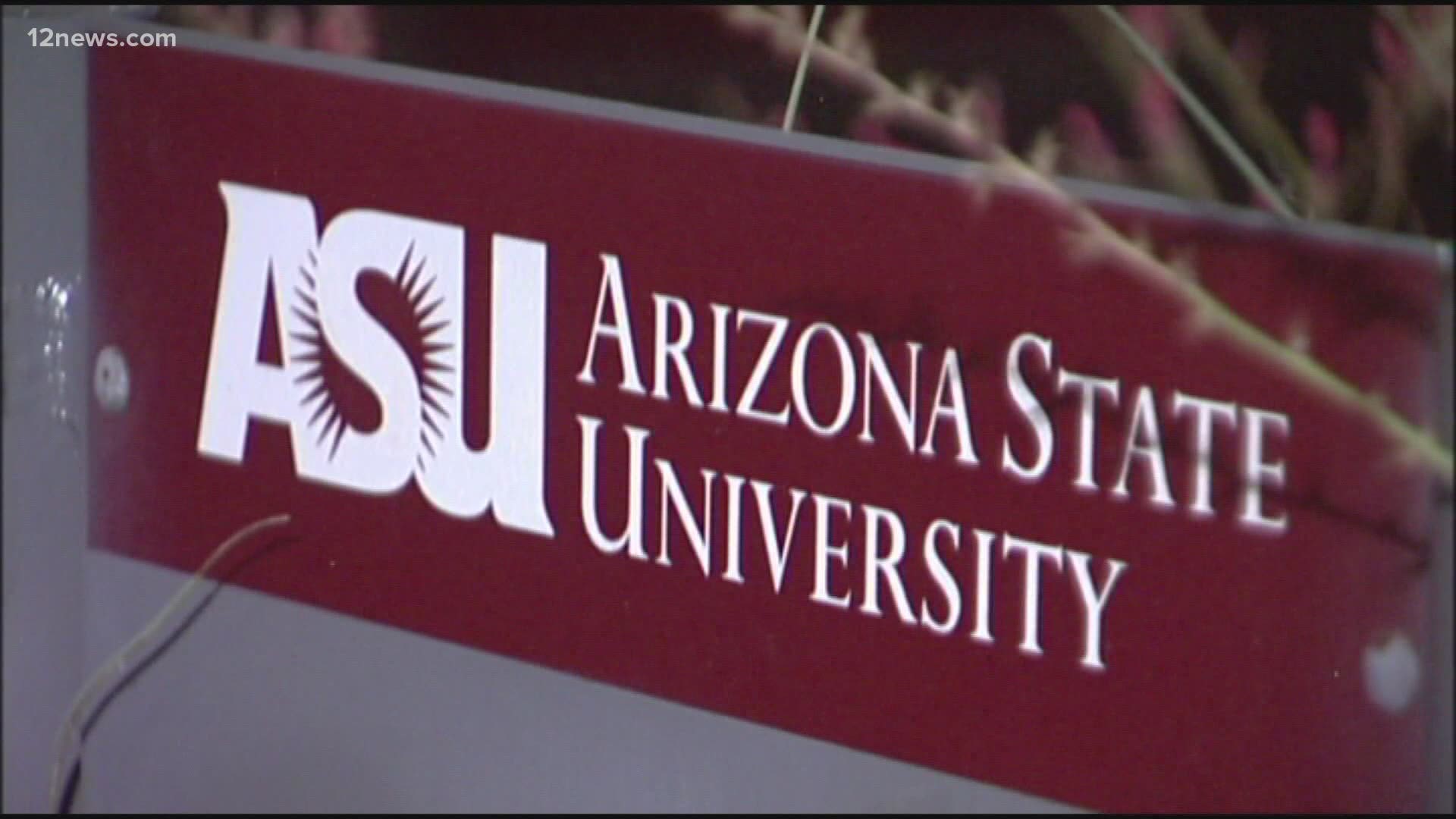PHOENIX — The early months of the pandemic changed the way people were able to say hello to their neighbors, causing people to rely on the world wide web to communicate.
But for families without access to the internet, COVID-19 exposed the alarming reality of digital inequity.
Virtual class at McDonald's
“I don’t want people to go through the same thing that I went through,” said Arizona State University sophomore Wendy Ruiz. “I grew up without internet in my household. It was difficult just because I had to take the extra step to find a place. Whether it was McDonald's or the library.”
Ruiz is now majoring in business at ASU and minoring in political science. She grew up in Maryvale, a neighborhood west of downtown Phoenix where the median household income is less than $37,000.
The average for Phoenix is $70,000.
“Depending on where you live it's a lot harder to get access to certain resources," said fellow ASU sophomore and Maryvale resident Manny Elizalda.
Digital equity is about fair access to basic necessities
Both students are part of the university's One Square Initiative, a pilot program for free Wi-Fi for homes in the Isaac Elementary School District in Maryvale.
The milestone, announced in April 2021, is a partnership with ASU’s Watts College of Public Service and Community Solutions and University Technology Office to close the digital divide for learners in the community.
“We are two to three miles from downtown Phoenix and there are areas of the Maryvale neighborhood where 40% of the residents don’t have access to broadband at home,” said Erik Cole, Director of ASU Design Studio for Community Solutions in Watts College.
The program is primarily funded through the Biden administration's recently passed infrastructure bill.
On Saturdays, ASU students canvass the Maryvale neighborhood to notify families of the program and free access to the internet.
“I wish that somebody had done it for me," said Ruiz. “I grew up in the same community as you. I have the same experiences. Just to close that gap is really important. Connecting with your community, letting them know the importance of digital equity.”
"It really does make a difference. When we go back, people see Hispanics specifically giving back to the community that they grew up in," said Elizalda.
Up to Speed
Catch up on the latest news and stories on the 12 News YouTube channel. Subscribe today.

